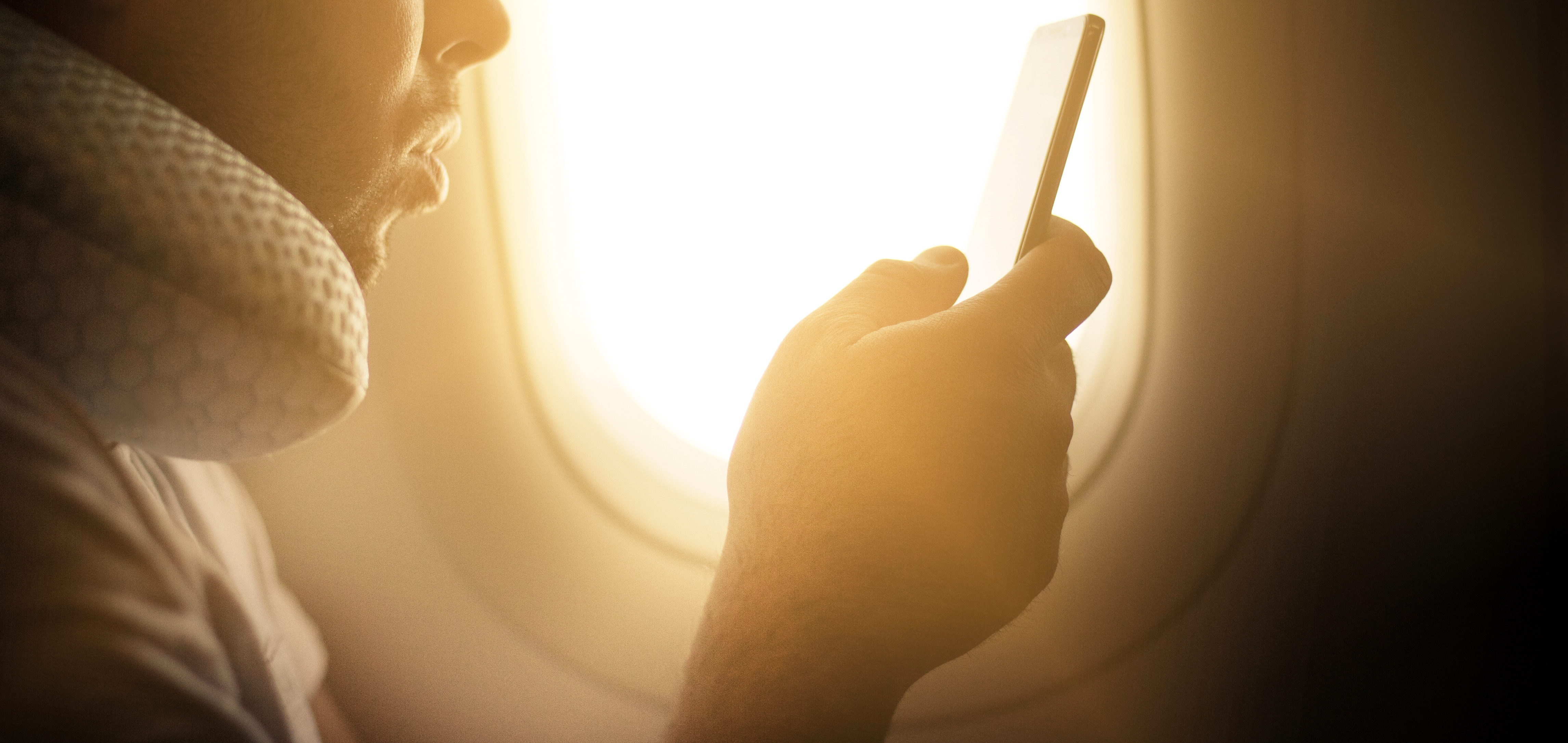Cheaper in-flight Wi-Fi is coming
And more of the week's best financial advice

A free daily email with the biggest news stories of the day – and the best features from TheWeek.com
You are now subscribed
Your newsletter sign-up was successful
Here are three of the week's top pieces of financial advice, gathered from around the web:
The rising price of a new ride
"Prepare for sticker shock if you haven't shopped for a new car lately," said Sarah O'Brien at CNBC. The average age of new-car trade-ins is just over six years; if you bought your current wheels in the summer of 2013, "be ready to open your wallet a lot wider" now. Last month, buyers paid an average of $36,902 for a new car — an increase of nearly $5,500 since June 2013. Improved technology and safety features have helped push up prices, and buyers have shifted their preferences to SUVs and trucks, rather than sedans. Now "only about 35 percent of new cars are priced below $30,000, compared with 54 percent in 2012." Borrowers are also facing higher interest rates: The average annual percentage rate on a car loan today is 6.03 percent, compared with 4.1 percent in 2013.
The Week
Escape your echo chamber. Get the facts behind the news, plus analysis from multiple perspectives.

Sign up for The Week's Free Newsletters
From our morning news briefing to a weekly Good News Newsletter, get the best of The Week delivered directly to your inbox.
From our morning news briefing to a weekly Good News Newsletter, get the best of The Week delivered directly to your inbox.
Cheaper in-flight Wi-Fi is coming
More airlines could soon be bringing free Wi-Fi to the skies, said Scott McCartney at The Wall Street Journal. The service might also improve as airlines switch to a faster, satellite-based provider. Many airlines say that "Wi-Fi is the biggest source of complaints that they get." Currently, the typical cost of in-flight wireless service is about $20 — though on an Alaska Airlines flight from New York to Portland, Oregon, it's $39.95. That's one reason so few passengers — 6 to 7 percent — buy Wi-Fi. Industry officials predict that once "one huge carrier, likely Delta," makes the switch to free, faster internet on its flights, "others will follow." An estimated 40 to 60 percent would use a free service, which is why airlines are pitching advertisers to sponsor it.
A giant hidden tax break
A little-known tax-code provision allows employees in some businesses to keep their stock gains without paying a tax, said Paul Sullivan at The New York Times. The provision applies to "qualified small-business stock," and it can cover some very big gains. Early investors who got shares in a company that has less than $50 million in assets can "exclude from their taxes $10 million or 10 times their investment, whichever is higher." There are some restrictions: The stock has to be held for at least five years, and the qualifying company also has to be one that "makes something" — which excludes law firms, accounting practices, and other service providers, but does allow tech firms. One early employee of LinkedIn found the tax break on TurboTax. "The tax savings were so significant that he was not sure they were real" — and even his accountant hadn't known about the rule.
A free daily email with the biggest news stories of the day – and the best features from TheWeek.com